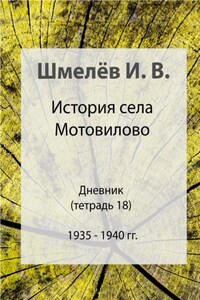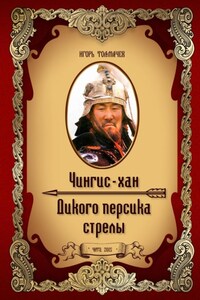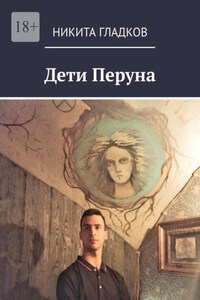The daffodils would be fit for a king. The delicate wild daffodils, their thousand heads bobbing and swaying with the wind, light-petalled, light-stemmed, moving like a field of unripe barley before a summer breeze, scattered across the grass, thicker around the trunks of trees as if they were dewponds of gold. They looked like wild flowers; but they were not. Tradescant had planned them, planted them, nourished them. He looked at them and smiled – as if he were greeting friends.
Sir Robert Cecil strolled up, his uneven tread instantly recognisable in the crunch of the gravel. John turned and pulled off his hat.
‘They look well,’ his lordship observed. ‘Yellow as Spanish gold.’
John bowed. The two men were near each other in age – both in their thirties – but the courtier was bent under a humped back and his face was lined by a lifetime of caution at court, and with pain from his twisted body. He was a small man, little more than five feet tall – his enemies called him a dwarf behind his hunched back. In a beauty-conscious, fashion-mad court where appearance was everything and a man was judged by his looks and his performance on the hunting field or battlefield, Robert Cecil had started his life with an impossible disadvantage: crooked, tiny, and struggling with pain. Beside him the gardener Tradescant, brown-faced and strong-backed, looked ten years younger. He waited in silence for his master to speak. It was not his place to prolong the conversation.
‘Any early vegetables?’ his lordship asked. ‘Asparagus? They say His Majesty loves asparagus.’
‘It’s too early, my lord. Even a king new-come to his kingdom cannot hunt deer and eat fruit in the same month. They each have their season. I cannot force peaches for him in spring.’
Sir Robert smiled. ‘You disappoint me, Tradescant, I had thought you could make strawberries grow in mid-winter.’
‘With a hothouse, my lord, and a couple of fires, some lanterns, and a lad to water and carry, perhaps I could give you Twelfth Night strawberries.’ He thought for a moment ‘It’s the light,’ he said to himself. ‘I think you would need sunlight to make them ripen. I don’t know that candlelight or even lanterns would be enough.’
Cecil watched him with amusement. Tradescant never failed in the respect he owed his master, but he readily forgot everything but his plants. As now, he could fall silent thinking of a gardening problem, wholly neglecting his lord who stood before him.
A man more conscious of his dignity would have dismissed a servant for less. But Robert Cecil treasured it. Alone of every man in his train, Sir Robert trusted his gardener to tell him the truth. Everyone else told him what they thought he wanted to hear. It was one of the disadvantages of high office and excessive wealth. The only information which was worth having was that given without fear or favour; but all the information a spy-master could buy was worthless. Only John Tradescant, half his mind always on his garden, was too busy to lie.
‘I doubt it would be worth your effort,’ Sir Robert remarked. ‘There are seasons for most endeavours.’
John suddenly grinned at him, hearing the parallel between his own work and his master’s. ‘And your season has come,’ he said shrewdly. ‘Your fruiting.’
They turned together and walked back to the great house, Tradescant a step behind the greatest man in the kingdom, respectfully attentive, but looking from side to side at every pace. There were things that wanted doing in the garden – but then there were always things that wanted doing in the garden. The avenue of pleached limes needed retying before their early summer growth thrust wands of twigs out of control, the kitchen garden needed digging over; and radishes, leeks, and onions should be sown into the warming spring soil. The great watercourses which were the
wonder of Theobalds Palace needed weeding and cleaning; but he strolled as if he had all the time in the world, one step behind his master, waiting in silence, in case his master wanted to talk.
‘I did right,’ Sir Robert said half to himself, half to his gardener. ‘The old queen was dying and she had no heir with as strong a claim as he. Not one fit to rule, that is. She would not hear his name, you had to whisper King James of Scotland if she were anywhere in any of her palaces. But all the reports I had of him were of a man who could hold two kingdoms, and perhaps even weld them together. And he had sons and a daughter – there’d be no more fretting over heirs. And he’s a good Christian, no taint of Papistry. They breed strong Protestants in Scotland …’














